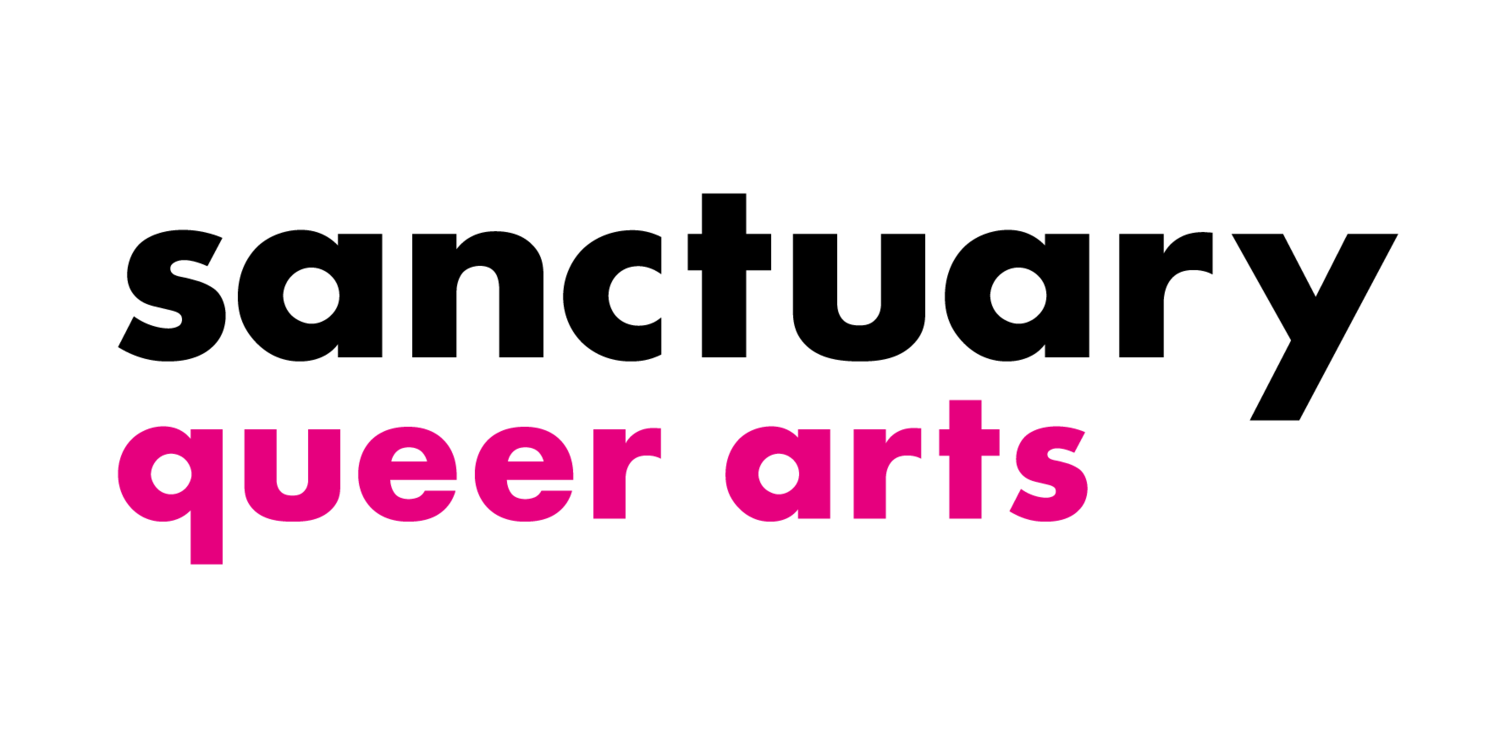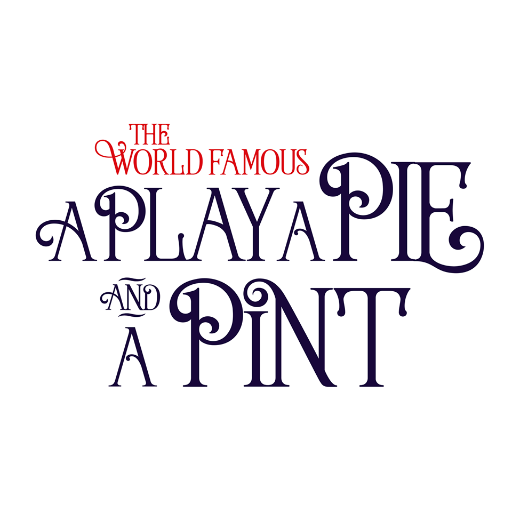Emma Lynne Harley
(they/she)
Assistant Director - Artist Development
Sanctuary Queer Arts is proud to work with Emma Lynne Harley as part of the Artist Development Programme.
After a successful application and interview phase Emma Lynne will assist award winning director Debbie Hannan for ‘Ness’ as part of A Play, A Pie and A Pint’s Spring 2024. This production is in association with Sanctuary Queer Arts and sees fellow Development Artist, Hannah McGregor’s commissioned piece realised at both Òran Mór in Glasgow and The Lemon Tree in Aberdeen.
Following this opportunity, Emma Lynne will then enter development of their piece, produced by Sanctuary Queer Arts and supported by A Play, A Pie and A Pint.
Ness - Òran Mór, Mon 8th - Sat 13th April, 2024
Ness - The Lemon Tree, Tue 16th - Sat 20th April, 2024
Emma Lynne Harley is a queer, working-class, multidisciplinary theatre maker, director, writer and performer who makes vibrant cross-genre work. They are a Lyceum L20 alum, co-producer of Play Full Theatre, and co-director of award-winning Siren Theatre Company.
Previous work as a director includes: For Better, For Worse by Jill Franklin; Jennie Lee: Tomorrow is a New Day by Matthew Knights; their play Sex, Drugs and a Cup of Tea; Lost in Music by Kim Moore and Nicholas Bone (assistant director, Scottish Tour); Angela by Mark Ravenhill (assistant director, Lyceum Soundstage/BBC Radio Four).
Their work as a maker/performer includesTXT ME: Cyber Showcase and Online Protest (Siren Theatre and The Gaiety) a verbatim music-theatre show about women and femme’s safety, and Walking on Eggshells (Lyceum Wonder Festival), an autobiographical cabaret-theatre show about living with Complex-PTSD. They perform regularly as a cabaret artist around Scotland, and currently write with The Prescription medical humanities group, associated with the Royal College of Physicians and Surgeons in Glasgow.
1. Who are you?
I am Emma, a queer, bisexual, and working-class multidisciplinary theatre maker. I’m interested in new writing for theatre and often bring in other performance disciplines like music, cabaret and spoken word. I really love sci-fi and find huge inspiration in both myth and hard/theoretical scientific research, which I think can often occupy similar spaces in theatre. The work I make is ingrained with a striving towards justice, and I aim to constantly improve my ability to make productions in an ethical and inclusive way.
I am an alum of the Lyceum L20, co-director of award-winning Siren Theatre Company, and co-founder of Play Full Theatre. I primarily work as a maker, director, performer, and writer.
My work as a maker/performer includes TXT ME: Cyber Showcase and Online Protest (Siren Theatre and The Gaiety) a verbatim music-theatre show about women and femme’s safety, and Walking on Eggshells (Lyceum Wonder Festival), an autobiographical cabaret-theatre show about living with Complex-PTSD.
Previous work as a director includes: Jennie Lee: Tomorrow is a New Day by Matthew Knights; my play Sex, Drugs and a Cup of Tea; Lost in Music by Kim Moore and Nicholas Bone (assistant director, Scottish Tour); and Angela by Mark Ravenhill (assistant director, Lyceum Soundstage/BBC Radio Four).
I perform regularly as a cabaret artist and singer around Scotland, and write with medical humanities group The Prescription, associated with the Royal College of Physicians and Surgeons in Glasgow.
2. How did you get here?
I decided to start making my own work when I experienced a lack of necessary things in theatre – caring rehearsal environments, representation of under-told stories, and people like me who are under-represented both in the making of work, and the stories that are seen on stages.
Part of making my own work, it’s transpired, is an ungodly amount of application writing required to get anywhere. I’d first heard of Sanctuary when it was first getting set up at some post-show gathering years ago, and thought it sounded fantastic. I’d applied to be involved with a few of Sanctuary’s artist development schemes in the past, most consistently with an idea that elevated the Bisexual+ community within the queersphere and gave other bisexual+ people a sense of belonging, inclusion, and recognition that we often don’t always feel or experience in the queer or theatre world.
It was through multiple rejections with feedback along the lines of “we really liked your idea, it just wasn’t the right fit this time”, that Sanctuary got back in touch with another opportunity I applied for, in which I was then successful. It includes development time and an assistant directing job for artists with directing experience who had previously pitched well-received ideas and hadn’t yet worked with them. It’s unusual (but fantastic) for companies to follow up like this!
3. What does the concept of sanctuary mean to you?
To feel like I can honestly and authentically be myself without any fear of recourse or feeling uncomfortable in doing so. The space to rest and not feel as if I have to constantly prove my worth as an artist or a person.
4. What does your sanctuary look like?
My sanctuary looks vastly different depending on the day I’m having. Sometimes, it can look like absorbing myself in a new hobby completely by myself. Other times, it’s me during one of my cabaret sets about to perform “Gettin’ Bi” from Crazy Ex Girlfriend or about to tell a cringy anecdote about discovering my sexuality at a queer storytelling event. I preface it by asking the audience – “Are there any other bisexuals here?” – and the cheers I hear back from the crowd are also sanctuary.




